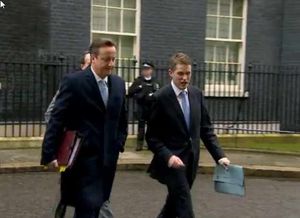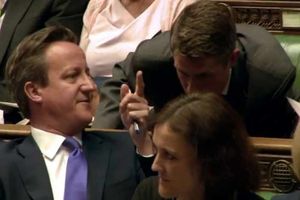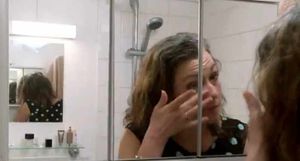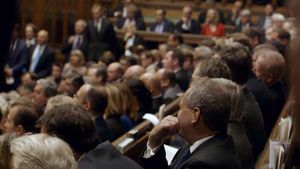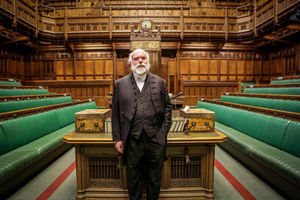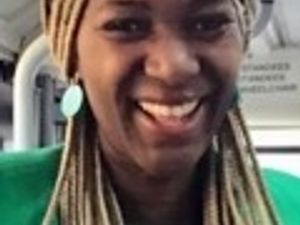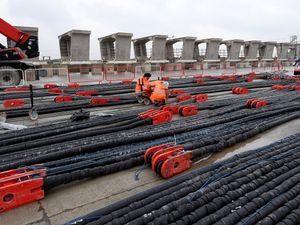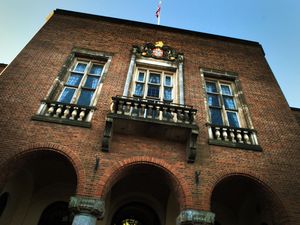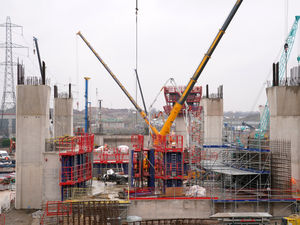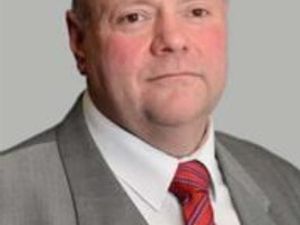MPs are like pupils in Commons playground
Until this fly on the wall documentary, the closest we got to seeing behind the scenes of Westminster would be The Thick Of It.
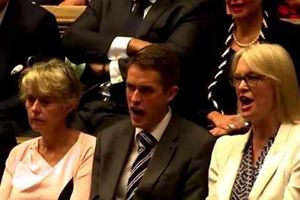
From the crumbling interior of the Parliament building to the crumbling facade of professional politics itself – Inside The Commons is giving a fascinating look behind the scenes of British democracy.
It is not quite the Machiavellian manipulation of the classic drama House of Cards, which starred Ian Richardson as scheming chief whip Francis Urquhart.
Nor is it the sweary, shouty, pressure cooker of Armando Iannucci's The Thick Of It, with Peter Capaldi's relentless spin doctor Malcolm Tucker pulling the strings.
The reality is a much more gentle affair with the dilemma of running a modern Parliament in a Victorian building. Or maybe they're just on their best behaviour for the cameras.
Not that their best is that much better than unruly children.
The bellowing, the heckling, the put downs and the gangs are as present in the Commons as they are in the playground.
MPs from the West Midlands are also taking a starring role – either as the one trying to steer the Tories to give David Cameron an easy ride or as the one defying the party whips over high speed rail.
South Staffordshire MP Gavin Williamson appears to have been unscathed by revelations that he sends out a weekly email to Tories with suggested questions for 'free hits'.
MPs can stand up during Prime Minister's Questions and try to catch the eye of the Speaker. Mr Williamson, as Mr Cameron's Parliamentary Private Secretary, was revealed to be suggesting they ask questions that make the Prime Minister and the Conservatives look good on the economy.
The practice has gone on for many years and is not unique to Mr Williamson. And judging by the reaction on Twitter, no-one seemed surprised by it.
Mr Williamson said: "Every government wishes to get over a clear message of its successes and how it's been transforming the British economy. It's a team sport and we need to play it together.
"We try to use the opportunity to get over a positive message and highlight our successes happening locally. Most politics is local.
"If you get a major success in your constituency or you need help and support you can raise that at PMQs."
However, not all of what was seen on screen was accurate according to Lichfield's Michael Fabricant.
He featured in the BBC documentary as he met with campaigners against HS2 and voted against his own party over the line amid concerns about its impact on Staffordshire. But it was the section about the retirement of Clerk of the House Sir Robert Rogers, now Lord Lisvane, that he takes issue with.
Viewers saw MPs break into almost unprecedented applause as the Clerk announced his retirement.
But behind the scenes there had been a long running dispute over allegations Sir Robert was 'bullied' out by Speaker John Bercow. Further disputes saw Parliament reject his choice of a replacement, Carol Mills.
Mr Fabricant is now waiting to see whether other scenes he filmed – including in the Commons toilets – will be shown in the rest of the series, on Tuesday at 9pm on BBC 2.
He said: "Anything that helps to open up Parliament to the voting public has to be a good thing.
"My own experience when I became a new MP was not too dissimilar to that of the two newbies featured, Charlotte Leslie and Sarah Champion. The trouble with all of these types of programme is that they tend to skim the surface.
"I am slightly concerned as to how they will deal with the reasons for the Clerk, Robert Rogers, retiring early. Many would say he was bullied into early retirement. And the subsequent choice by John Bercow of Carol Mills, who was rejected by the House of Commons because of her total unsuitability.
"The dispute was not between traditionalists and modernists as the programme made out but between competence and incompetence."
"The film crew spent many hours with me in my office, walking around the Palace of Westminster and even in the loo as I washed up coffee mugs, to the startled reaction of people who were in the loo at the time. I shall be curious to see whether I feature later episodes, in the loo or elsewhere."
Meanwhile the Prime Minister got a ribbing in the Commons over his appearance on the programme.
Shadow Commons leader Angela Eagle made jokes at the expense of Mr Cameron after watching the 'beautifully shot, illuminating picture' of Parliament painted by the first episode of documentary series.
She said: "I was especially struck by the Prime Minister's description of this place as half church, half museum and half school - all I can say is this certainly doesn't look like any school I ever went to and Eton should clearly get a better maths teacher."
Commons Leader William Hague rebuffed the jokes with gags of his own, telling MPs: "I enjoyed the BBC programme - my comprehensive school didn't look anything like this it has to be said.
"And I would have known three halves add up to more than one. On the other hand, forgetting three halves add up to more than one is a bit better than forgetting the entire budget deficit which was the performance of the leader of the Opposition."
Some have speculated whether putting Prime Minister's Questions on in prime time might make people a little more engaged with the democratic process.
But after this fly on the wall documentary, might repeats of House of Cards do more to interest voters than the reality of what our elected representatives really get up to?
You might very well think that. I couldn't possibly comment.

